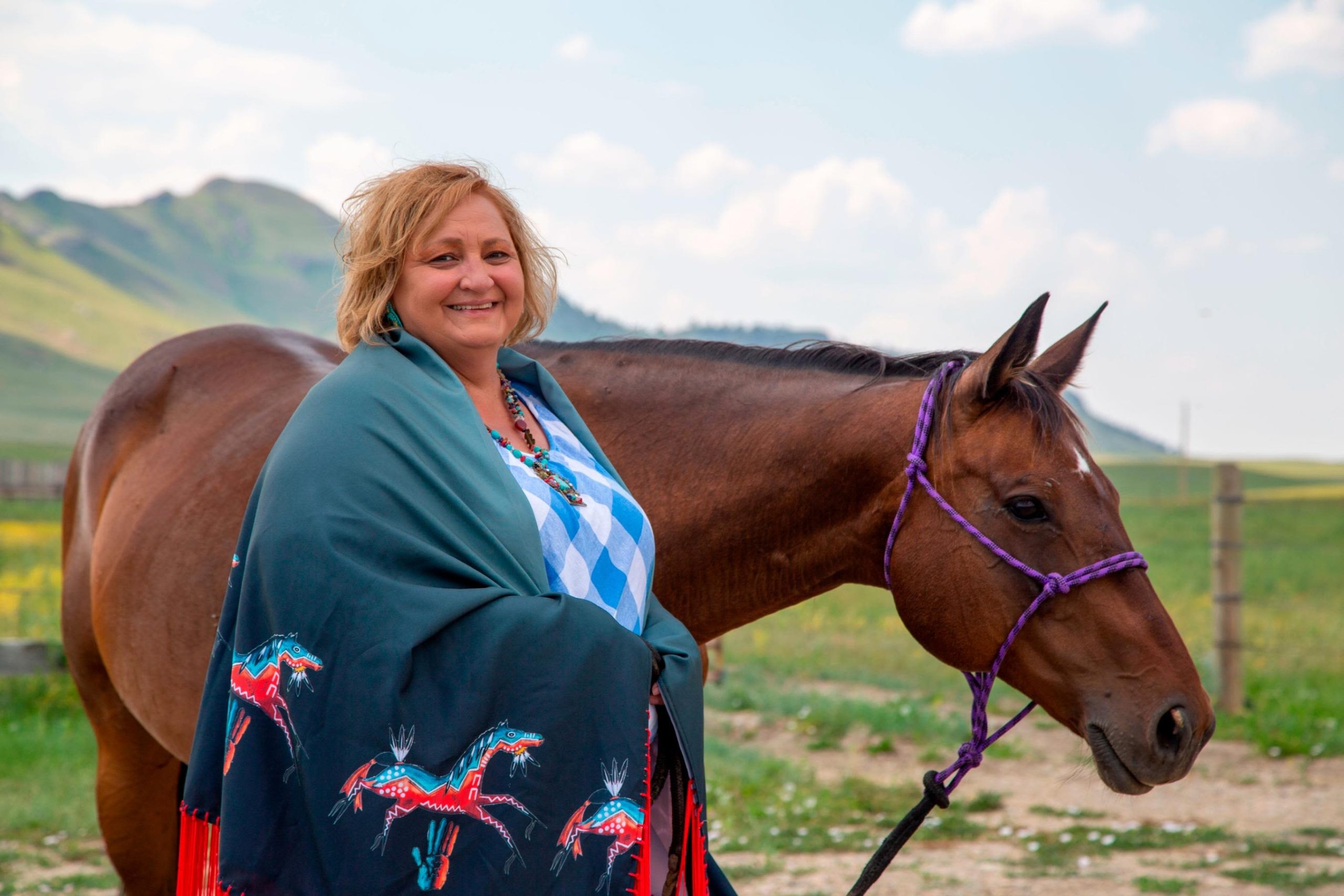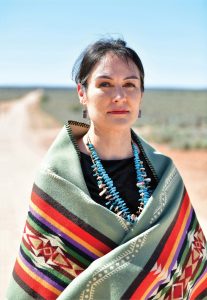Podcast: Play in new window | Download | Embed
The first woman to serve as a Supreme Court Justice has died.
Sandra Day O’Connor died early Friday morning in Phoenix at the age of 93 due to complications related to advanced dementia and a respiratory illness.
The 25th Navajo Nation Council and Speaker Crystalline Curley said in a statement, “it’s important to acknowledge Sandra Day O’Connor’s influence on the American Justice System by being the first woman appointed to serve as a Supreme Court Justice. In Diné culture, we honor the symbiotic relationship that exists between men and women.”
O’Connor was appointed to the Supreme Court in 1981 by President Ronald Reagan and unanimously confirmed by the Senate.
She served on the court for 25 years.
Prior to her tenure on the Supreme Court, she was a judge and an elected official in Arizona, serving as the first female majority leader of a state senate as the Republican leader in the Arizona Senate.
She was honored in 2009 with the Presidential Medal of Freedom from helping transform the American Judiciary by paving the way for women to join the nation’s highest court.
She was often referred to as “the most powerful woman in America.”
The 25th Navajo Nation Council sent their condolences to the family of Sandra Day O’Connor.
A virtual conference about issues facing the Columbia river was held last week, bringing together Native tribes and interested parties.
Steve Jackson tells us about the Transboundary Water Governance and Ethics Symposium.
Participants in the virtual conference addressed issues like climate change, the effect of the dams on endangered salmon, and water quality.
DR Michelle, Colville tribal member and spokesman for the Upper Columbia United tribes,spoke of tribal efforts to reintroduce native salmon above the major dams, like Chief Joseph Dam, where they haven’t existed for 80 years.
“And early on in some of these studies when we talked about doing educational and cultural releases, folks would say, ‘Oh, those fish aren’t going to know what to do, they’ve been out of those waters so long they’re not going to remember.’ And that first batch of fish we turned loose above Chief Joe went straight up the river, went heading for home, right up the headwaters where for thousands of years they’ve been, and after everything we’ve done to them, they still want to get to those spawning grounds.”
The conference was billed as a continuation of a dialogue that began before the Covid-19 pandemic.
It was organized to discuss serious issues that threaten the well being of the river system, issues that weren’t addressed when the Columbia River treaty between the U.S. and Canada was signed in 1964.
Negotiations are underway now behind closed doors to renew the treaty, which originally addressed flood control and hydro power management.

Courtesy Center for Native American Youth
The rate of suicides involving a firearm is increasing nationwide, according to a new report.
Montana Public Radio’s Aaron Bolton reports Indigenous people are seeing the largest increase.
The federal Centers for Disease Control and Prevention says there were about 27,000 suicides involving a firearm nationwide in 2022. That’s according to preliminary data.
The rate of suicide by firearm increased by 11% from 2019 through 2022.
Rates increased among all racial groups, but Indigenous Americans saw the largest increase at 66%.
The CDC says that could be attributed to lack of access to mental health care, high unemployment rates, and isolation in Indigenous communities, all issues exacerbated by the pandemic.
Get National Native News delivered to your inbox daily. Sign up for our newsletter today.

 Secretary of the Interior Deb Haaland says her agency is continuing work on missing and murdered Indigenous people.
Secretary of the Interior Deb Haaland says her agency is continuing work on missing and murdered Indigenous people.




 “Over the last decade, the Elk River is contributing 95% of the selenium into Koocanusa from those two sources.”
“Over the last decade, the Elk River is contributing 95% of the selenium into Koocanusa from those two sources.” The House Natural Resources Committee will host a roundtable titled “Strengthening Historic and Cultural Preservation.”
The House Natural Resources Committee will host a roundtable titled “Strengthening Historic and Cultural Preservation.”

 The state of Oregon recently announced its first Tribal Affairs Director.
The state of Oregon recently announced its first Tribal Affairs Director.



 The National Endowment for the Humanities, which provides funding for humanities projects across the country, is working with the Interior Department on the agency’s
The National Endowment for the Humanities, which provides funding for humanities projects across the country, is working with the Interior Department on the agency’s 

